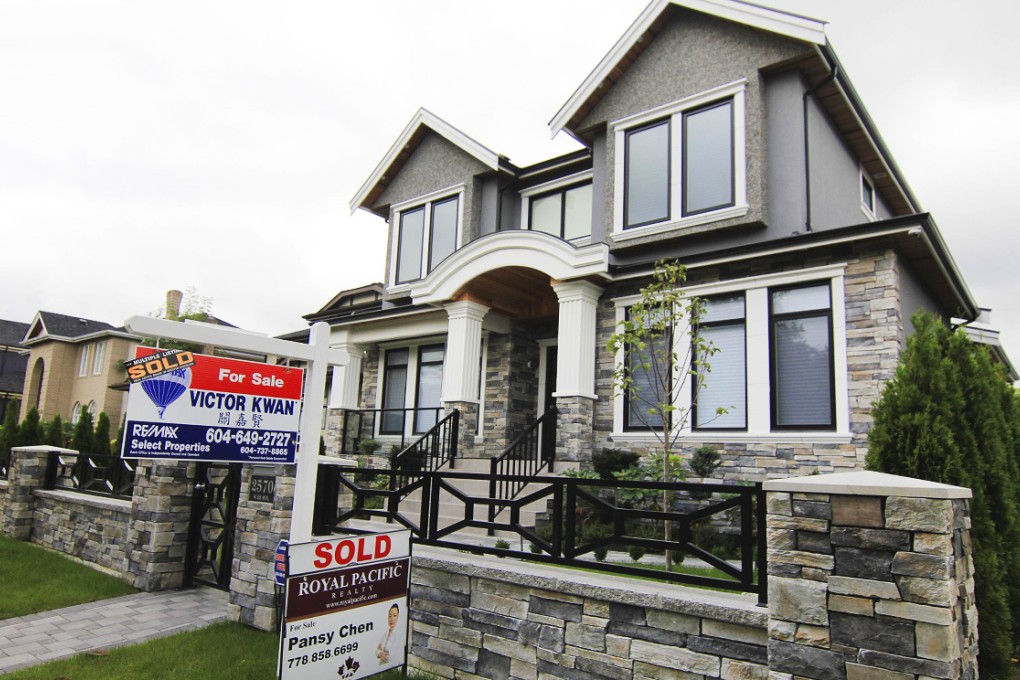Cash from China drives Vancouver’s prime property market to new heights
Vancouver estate agents say money from the mainland is pushing up the price of prime property in the city to levels disonnected from local incomes

Mainland investors’ global hunt for prime real estate is helping drive Vancouver home prices to record highs and the city, long among top destinations for wealthy Chinese buyers, is feeling unwelcome side effects from the bonanza.
The latest wave of Chinese money, linked in part to Beijing’s anti-graft crackdown, is flowing into luxury hot spots. But it has also started pushing up housing costs elsewhere in a city that already ranks as North America’s least affordable urban market.
For decades Vancouver – along with Hong Kong, Sydney and Singapore and more recently New York and London – has been attracting Chinese and other Asian buyers.
“My market, the luxury real estate market, is primarily Asian buyers – mostly from mainland China.”
And just like those other cities, Vancouver got caught in the most recent buying frenzy, which realtors say has intensified after President Xi Jinping announced his anti-corruption crusade on the mainland in late 2012.
“In the last year there’s been the corruption crackdown in China and a lot of people have seen their wealth evaporate over there because of that,” said Dan Scarrow, a vice-president at MacDonald Realty.
“So they want to put it somewhere they perceive as safe and there’s nowhere safer than the West.”
Canada does not track foreign property buyers, but analysis of city assessment data carried out by a leading urban planner and made available to reporters helped identify Vancouver’s hottest neighbourhoods. Interviews with estate agents active in those areas confirmed the perception that Chinese buyers were largely behind the latest rally.